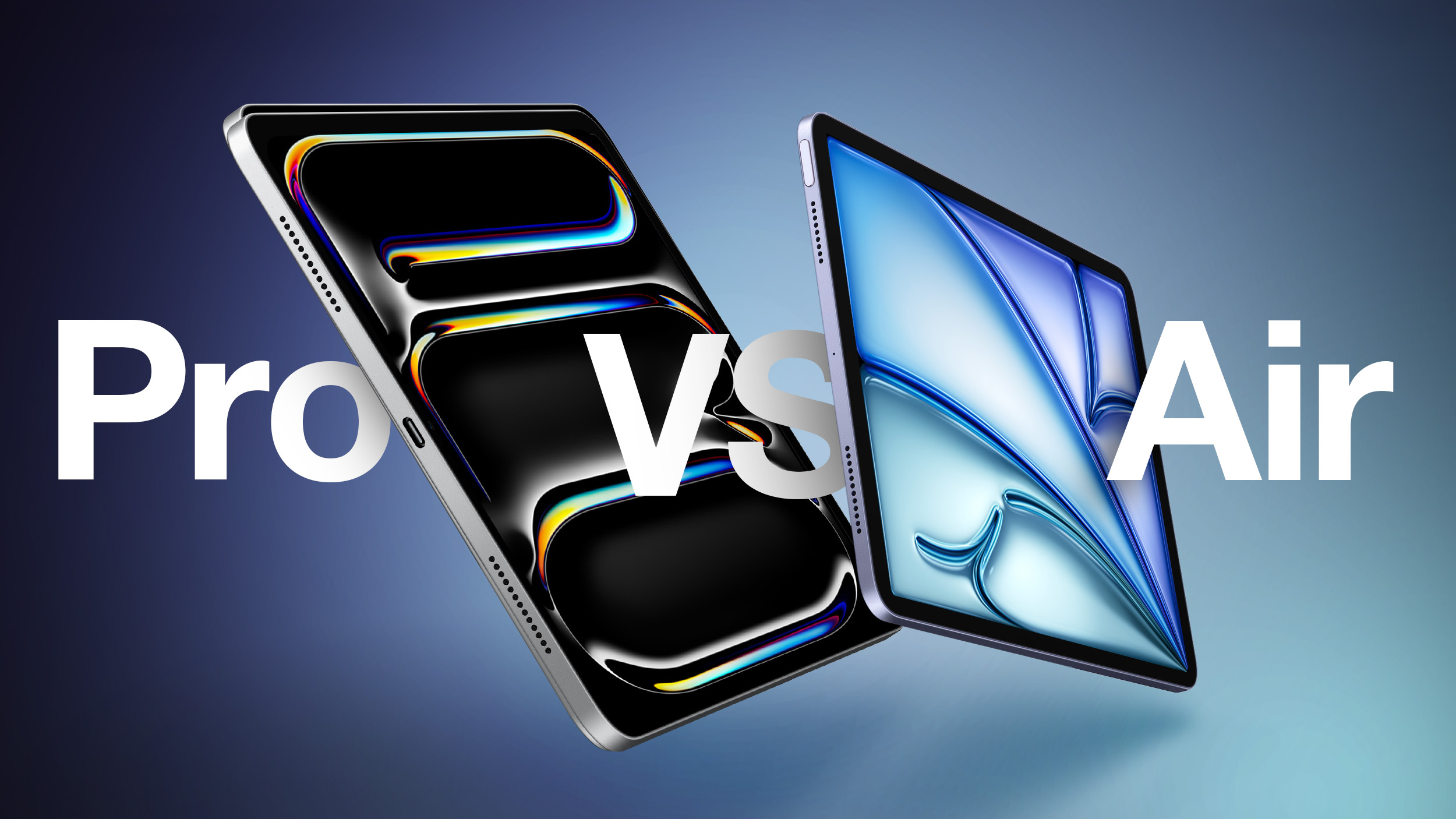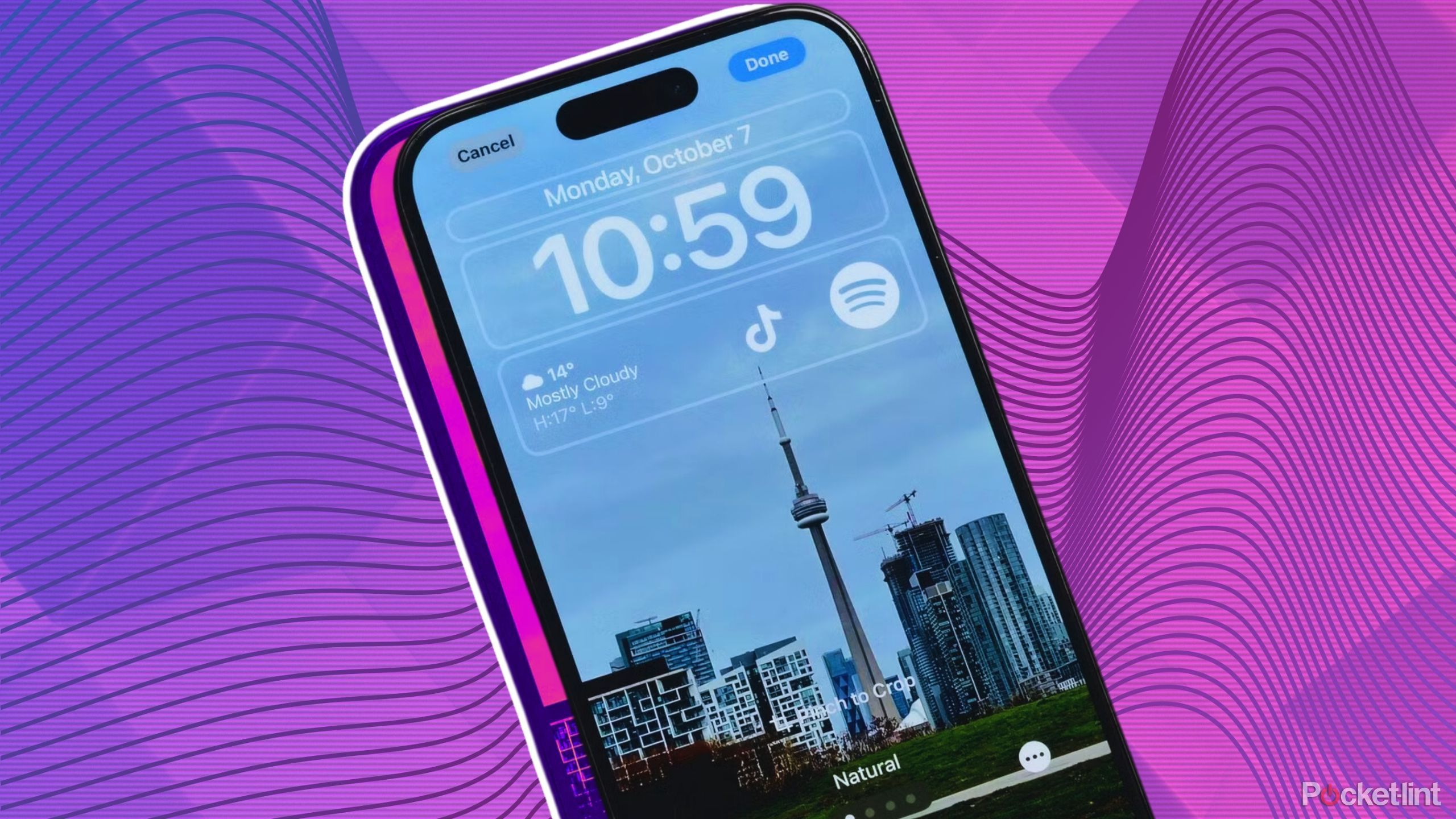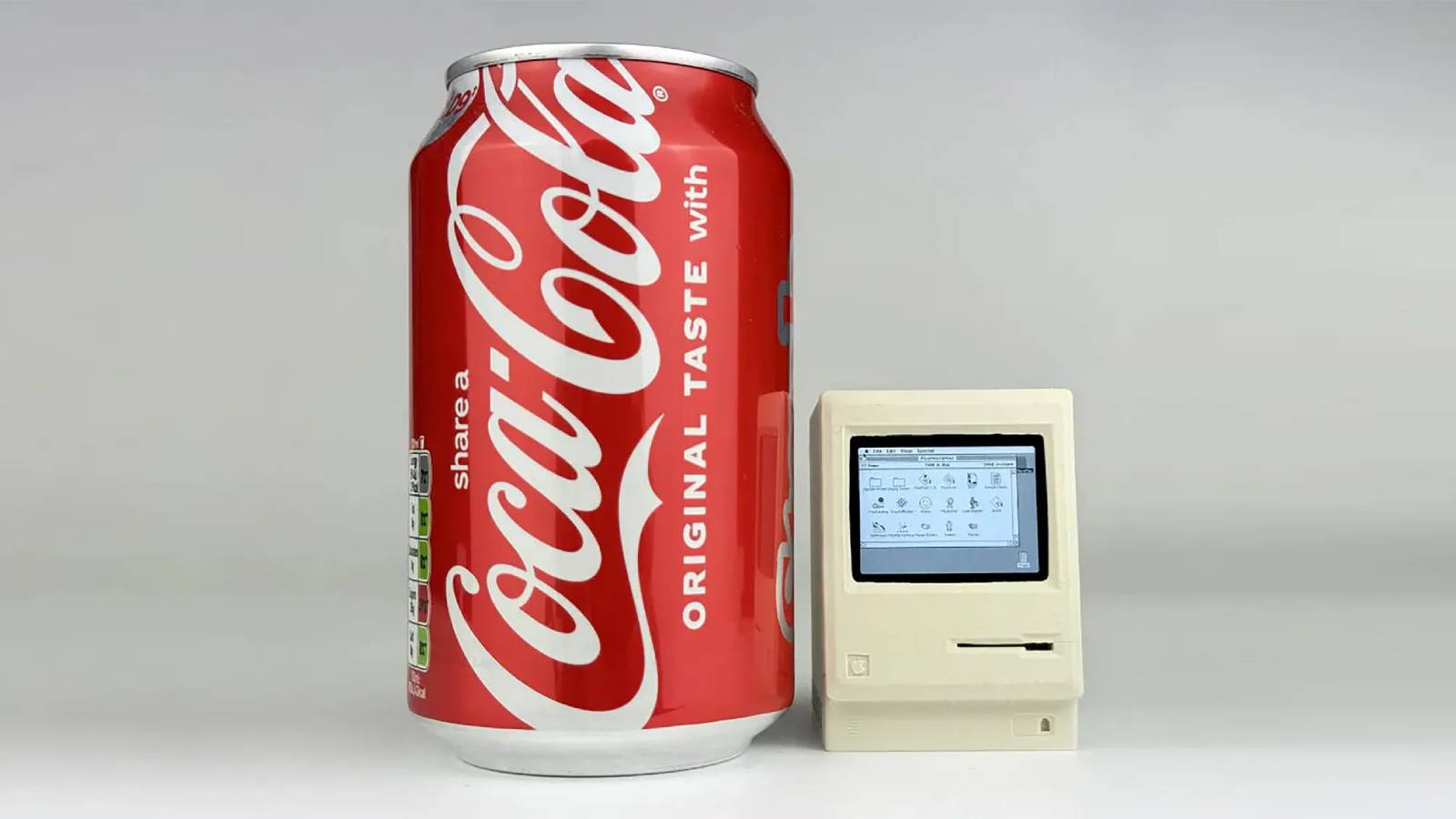iPad Air vs. iPad Pro Buyer’s Guide: 30+ Differences Compared

[[{“value”:”The iPad Air is now available in two size options, just like the iPad Pro. Yet after a significant update to the iPad Pro that introduces a thinner design and OLED displays, how different are the two product lines and which should you buy?
The introduction of the fourth-generation iPad Air in September 2020 brought the device much closer to the iPad Pro in terms of design, and with the most recent model, the iPad Air gained the same M2 chip and Apple Pencil hover support as the previous iPad Pro, bringing them even closer together. The latest iPad Pro models introduced a large number of significant new changes, such as the M4 chip, OLED displays, and a higher price point, and it means that the high-end iPad models are now further differentiated from the iPad Air than before.
Should you consider purchasing the iPad Air to save money, or do you need the high-end features of the iPad Pro? Our guide answers the question of how to decide which of these two iPads is best for you.
iPad Air (M2, 2024)
iPad Pro (M4, 2024)
Liquid Retina display
LED backlit Multi-Touch display with IPS technology
Ultra Retina XDR display
Tandem OLED
ProMotion technology for refresh rates up to 120Hz
SDR brightness: 600 nits max
SDR brightness: 1,000 nits max
XDR brightness: 1,000 nits max full screen, 1,600 nits peak (HDR content only)
Nano-texture display glass option on 1TB and 2TB models
M2 chip (5nm, N5P)
M4 chip (3nm enhanced, N3E)
8-core CPU
Up to 10-core CPU
Hardware-accelerated ray tracing
Hardware-accelerated H.264 and HEVC
Hardware-accelerated 8K H.264, HEVC, ProRes, and ProRes RAW
ProRes encode and decode engine
AV1 decode
100GB/s memory bandwidth
120GB/s memory bandwidth
8GB of memory
8GB or 16GB of memory
Improved thermal design with graphite sheets and copper
Touch ID in top button
TrueDepth camera system for Face ID
Portrait mode with advanced bokeh and Depth Control
Portrait Lighting with six effects (Natural, Studio, Contour, Stage, Stage Mono, High-Key Mono)
Animoji and Memoji
LiDAR scanner
Adaptive True Tone flash
Rear ambient light sensor
ProRes video recording up to 4K at 30 fps (1080p at 30 fps for 256GB capacity)
ProRes video recording up to 4K at 60 fps with external recording
Two microphones
Four studio-quality microphones
Audio zoom
Stereo recording
Landscape stereo speakers
Four speaker audio
Weight: 462 grams or 617 grams
Weight 444 grams or 579 grams
Depth: 6.1 mm
Depth: 5.3 mm or 5.1 mm
USB‑C connector
USB‑C connector with support for Thunderbolt / USB 4
Supports Magic Keyboard
Supports Magic Keyboard for iPad Pro (M4)
128GB, 256GB, 512GB, or 1TB storage
256GB, 512GB, 1TB, or 2TB storage
Available in Space Gray, Starlight, Purple, and Blue
Available in Space Black and Silver
Price starting at $599
Price starting at $999
Overall, the iPad Air is the better option for the majority of users, simply on the basis of value for money. For most people, the additional $400+ needed to buy the iPad Pro is not justified to get the likes of Face ID, four-speaker audio, and a ProMotion OLED display with refresh rates up to 120Hz.
Some iPad Pro features, such as LiDAR, up to 16GB of memory, and Thunderbolt connectivity are only practically useful to a small niche of users and most will never use some of these high-end capabilities. Many features such as Audio zoom and stereo audio recording may not be meaningfully utilized by many users.
Professionals who have a clear use case for needing larger amounts of RAM and storage, a matte display, Thunderbolt connectivity, and OLED for HDR content will clearly benefit from buying the iPad Pro. That being said, “prosumer”-style customers who simply want the best iPad will enjoy features such as 120Hz ProMotion for smoother scrolling and gaming, deeper blacks and more vivid colors with the OLED display, and the Adaptive True Tone flash for document scanning, even if they are not necessary.
Beyond these individual circumstances, the iPad Air is the best value for money and will be more than ample for most users’ needs. With the iPad Air, users can get a modern all-screen design, the M2 chip, practical features like USB-C and 5G connectivity, and compatibility with the core Apple accessories for a price well below that of the iPad Pro.
This article, “iPad Air vs. iPad Pro Buyer’s Guide: 30+ Differences Compared” first appeared on MacRumors.com
Discuss this article in our forums
“}]]



